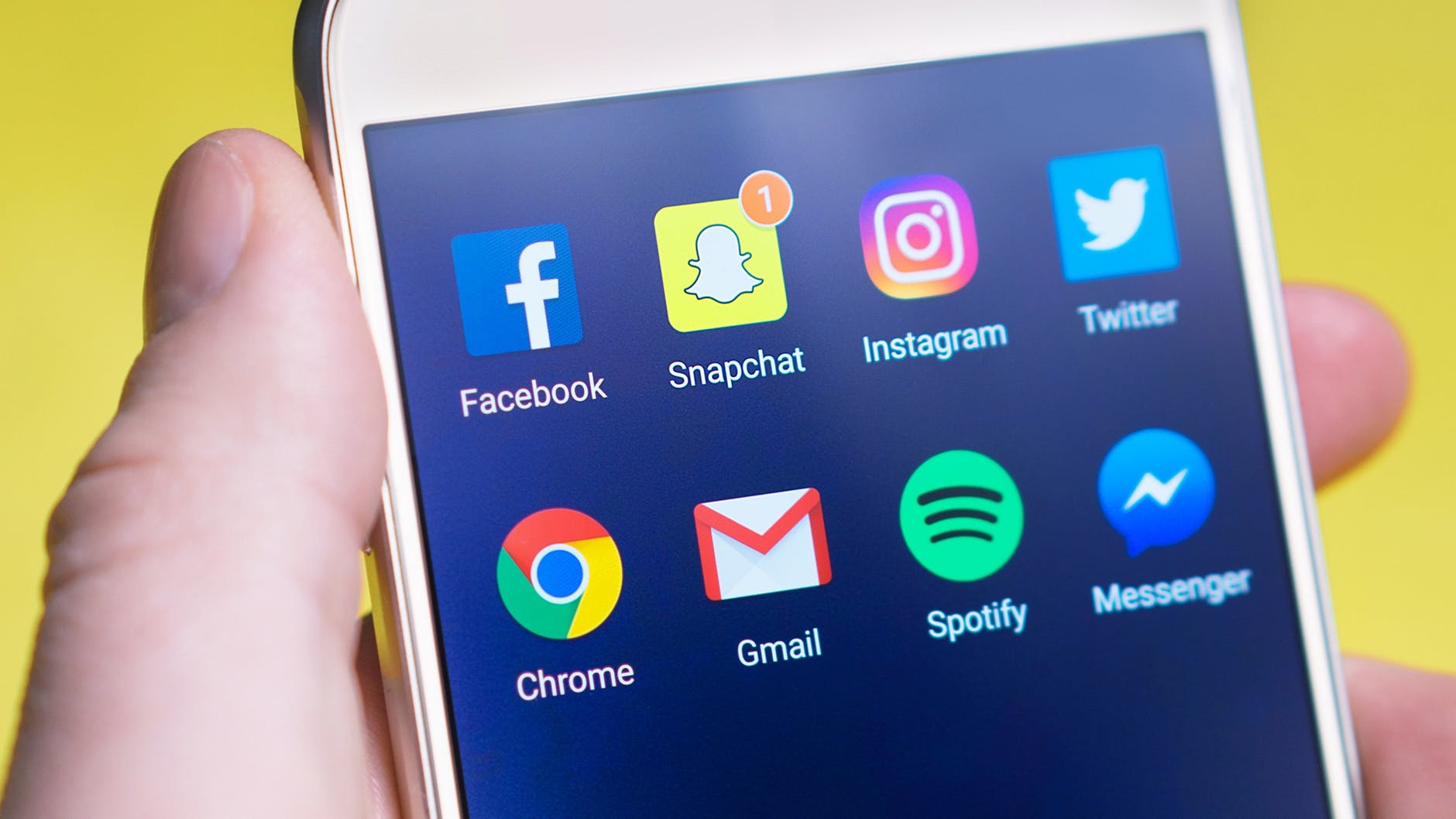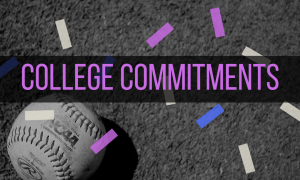Navigating Social Media

Tales of coaches dropping recruits due to their social media activity are becoming more common across all sports. Take a quick moment to Google, “athletes losses scholarship social media” and check out all the stories that appear. It’s an interesting time to be a teenager with all the “normal” things and experiences young people go through during this part of their lives coupled with that life being increasingly lived more online.
There’s no excuse for poor behavior online (e.g. posts that are racially negative, inappropriate, violent, etc.) and it is a fantastic resource for coaches and employers to get a true sense for the person they are considering bringing onto their team. While there are clear “no-no’s” that will reasonably produce consequences there are other murkier actions that could be problematic, even if the intention isn’t such.
Everyone, but especially athletes going through the recruiting process, needs to take a step back and consider the content they are posting before hitting that button; even if their accounts are set to private. Here are a few things to consider, and a suggested “self-test” you can utilize, when enjoying social media.
1) Coaches don’t know your “inside jokes”
“It was just a joke”. You hear that often, something offensive or inappropriate is said or done and someone tries to write it off as it simply being a joke; or being a joke another doesn’t understand because it’s something shared between a friend group. That rational isn’t going to cut it if a coach sees something they find off putting or suspicious on your account.
When sharing anything that centers around inside jokes or personal things between you and a friend or group of people just take a step back and think about it first.
2) Coaches may not be up to date on all the latest memes, GIFs, etc.
Memes, GIFs, and emojis are now a common pillar in our world’s communication structureand some are really funny! Personally, I love GIFs, and I probably use them too much.
*Inserts one of the most used softball GIFs around that also happens to be made from a video I shot of a Minnesota Gopher softball alumna before one of our games versus Michigan.*

With that being said, be careful which ones you’re posting and using, especially when it comes to memes. Take a step back and really look at the content in front of you. Is the purpose of it clear? What are the details behind the image being used as the meme? Is there any other duel meaning that could be an issue? Is it mean-spirited? Is it worth it? These are things you have to think about, especially if the meme is using an image of a real person, make sure you know where it comes from. This may sound like a lot of effort or unnecessary but again, would you be willing to lose a recruitment opportunity over a meme?
3) Don’t retweet videos of fights
This one always floors me, but it’s pretty simple. Just don’t do it. There is literally no reasons to or rational for why it’d be acceptable.
4) Viral videos and “challenges”
When sharing a viral video make sure to use common sense. Are people swearing up a storm in it? Are they engaging in behaviors they shouldn’t? Again, is it mean-spirited? Viral videos can be one of the tougher things to navigate at times, using the “self-test” suggested below can be a great way to decide rather to post if you have any doubts.
Then there is the topic of participating in the challenges that go around. These can also be fun, especially the bottle cap challenge right now with pitchers showing off their skills! But if the challenge requires you do anything potentially dangerous, to trespass somewhere, or even just plain stupid (think Tide pods) please think twice!
5) Don’t forget your “likes”
This may be the biggest point to remember; your “likes” say so much about you. You may not post or retweet anything problematic but watch your “likes”. And yes I promise you, coaches and their staffs are keeping an eye on this area of your social media accounts; it’s often a gold mine of information. Be mindful of what kind of “funny posts”, viral videos, influencer content, memes, articles, etc. you are liking.
THE SELF-TEST
Pick someone in your life who you really look up to, respect, want to make proud, etc. This can be a coach, a teacher, a family member, someone along those lines. When posting anything online think to yourself, “if this person saw this and was disappointed or angered by it, could I stand by what I’ve shared?” Not apologize, not “feel bad” about it, but could you legitimately stand by it and not remove the post or content? If the answer is no, you better not hit that button.
Wrap up
This isn’t meant you scare you or make you paranoid, it can be a lot of fun to partake in social media and there are a lot of good things these platforms still represent. You just have to be smart and careful. As you’ve surly heard time and time again, nothing is ever truly deleted from the internet but maybe more importantly, nothing is ever truly private either. Don’t jeopardize your future opportunities for something silly like an ill-thought out social media post.
——–







